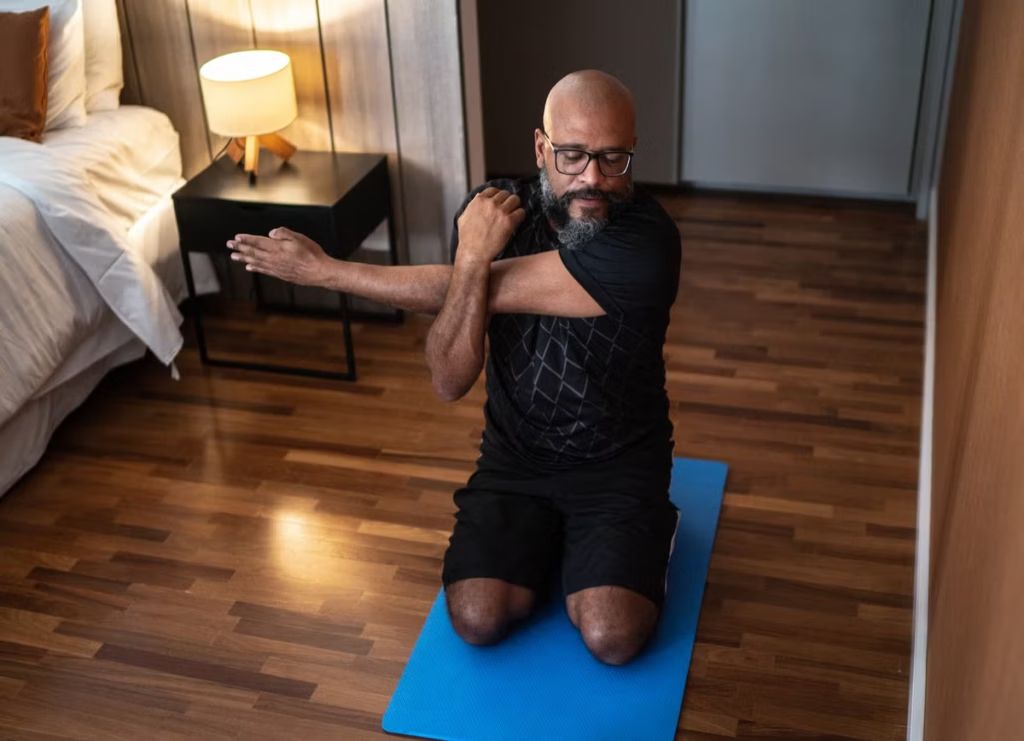IF YOU’VE PREVIOUSLY been skeptical about the merits and perceived benefits of supplements, we have some good news. A new study has just proven that a daily dose of pill poppin’—we’re talking multivitamins, guys—could be a wise investment in your mental and physical health.
That’s right, three separate studies have found that those who took a multivitamin supplement every day, compared to those who took a placebo, significantly improved their cognition—so basically their brains were more receptive to acquiring and processing information. This suggested that taking a multivitamin could help prevent memory loss and slow cognitive ageing, especially for older people. Wowsers.
How can multivitamins improve memory and slow cognitive ageing?
“Cognitive decline is among the top health concerns for most older adults, and a daily supplement of multivitamins has the potential as an appealing and accessible approach to slow cognitive aging,” said Chirag Vyas, MBBS, MPH of Massachusetts General Hospital (MGH) who was instrumental in the supplement study.
Of the participants, it was found that a statistically significant benefit of multivitamin and cocoa extract supplementation helped to bolster episodic memory and global cognition. And researches also gleaned that a daily multivitamin slowed global cognitive ageing by the equivalent of two years. Two years!
JoAnn Manson, MD, DrPH, co-author of the report and Chief of the Division of Preventive Medicine at BWH, commented: “The finding that a daily multivitamin improved memory and slowed cognitive aging in three separate placebo-controlled studies in COSMOS (COcoa Supplement and Multivitamin Outcomes Study) is exciting and further supports the promise of multivitamins as a safe, accessible and affordable approach to protecting cognitive health in older adults.”
What does cognitive decline look like in Australia presently?
According to Dementia Australia, dementia is the second leading cause of death for all Australians, and the leading cause of death for women. It is projected that it will soon be the leading cause of death for both men and women.
In more somber news, this year it is estimated there are more than 421,000 Australians living with all forms of dementia. Without a medical breakthrough, the number of people with dementia is expected to increase to more than 812,500 by 2054.
For those younger demographics—we’re talking those in their 30s, 40s and 50s—it is estimated that presently there are almost 29,000 people with young onset dementia, and that is due to nearly double by 2054.
So I think we can all agree: let’s do, and get our hands on, whatever we can to combat the problem. But firstly, as a refresher, what is dementia?
What is dementia?
Dementia is the term used to describe the symptoms of a large group of illnesses which cause a progressive decline in a person’s functioning. It is a broad term used to describe a loss of memory, intellect, rationality, social skills and physical functioning. There are many types of dementia including Alzheimer’s disease, vascular dementia, frontotemporal dementia and Lewy body disease. Dementia can happen to anybody, but it is more common after the age of 65.
How can I minimise my risk of dementia?
While dementia is primarily reserved for those in their mid-60s and above, we should all be aware of, and countering its onset. Here are some ways to thwart it (apart from your new daily routine of multivitamin hoarding):
- Regularly exercise
- Eat a balanced, healthy diet
- Stop smoking
- Regularly see your GP to check cholesterol, blood glucose and blood pressure
- Practice ‘mental exercise’ to help build new brain cells and strengthen connections between them
And while some of these statistics are sobering, there’s no doubt that knowledge arms us with a path forward. Not only by practising health eating and exercise habits, but also sticking to those beloved multivitamins, we’ll be putting our best foot forward. So pop those supplement pills, we say.
Related:















